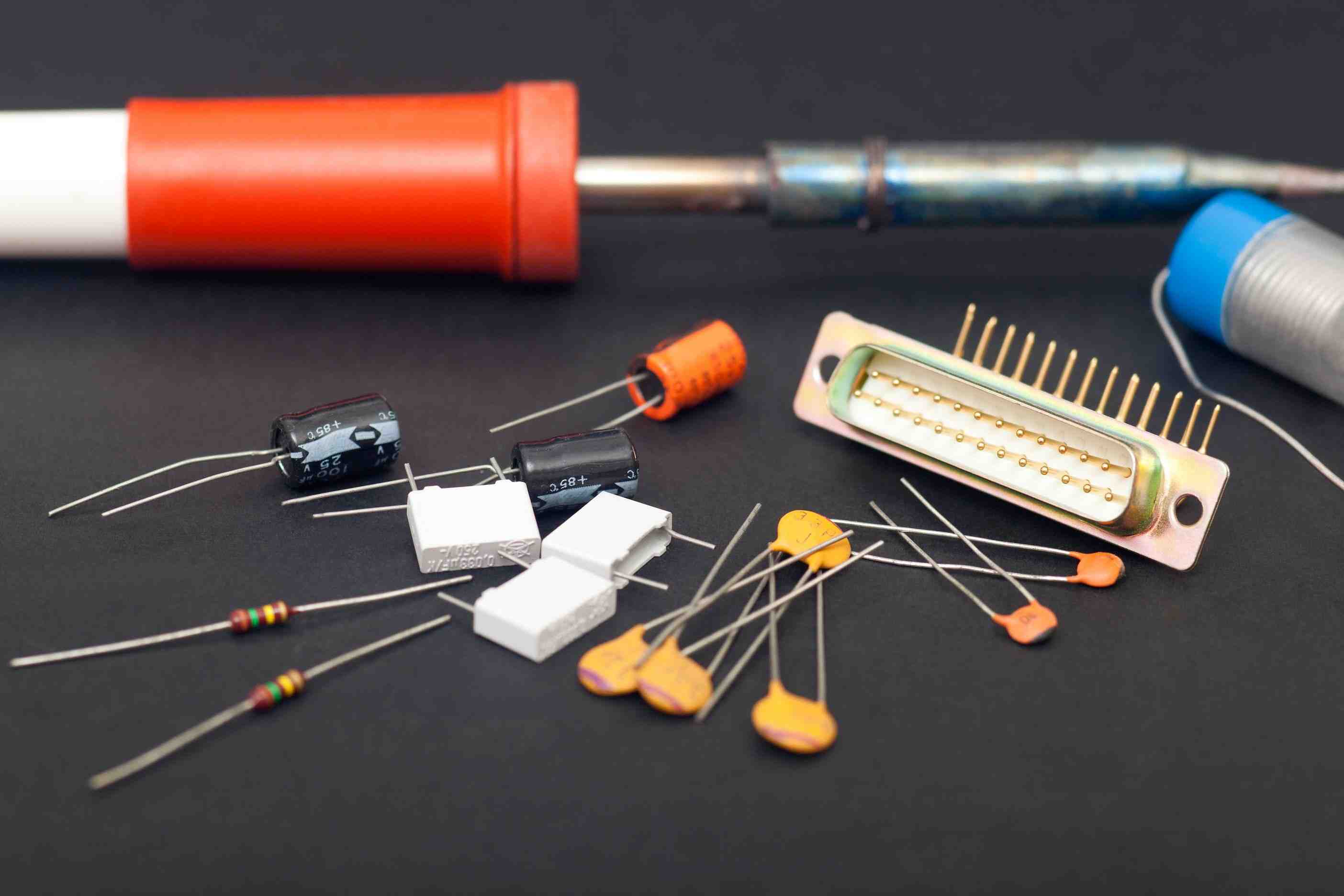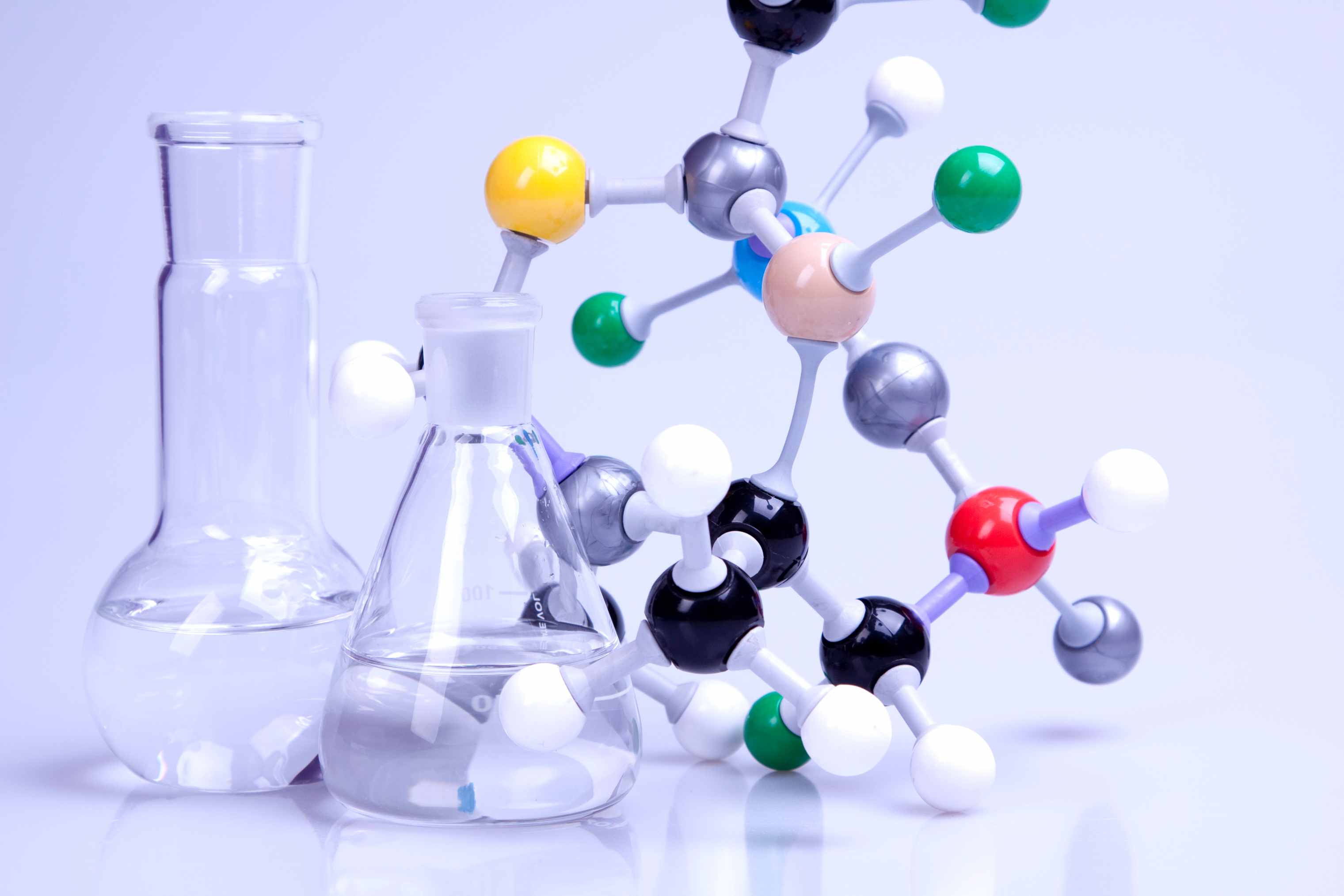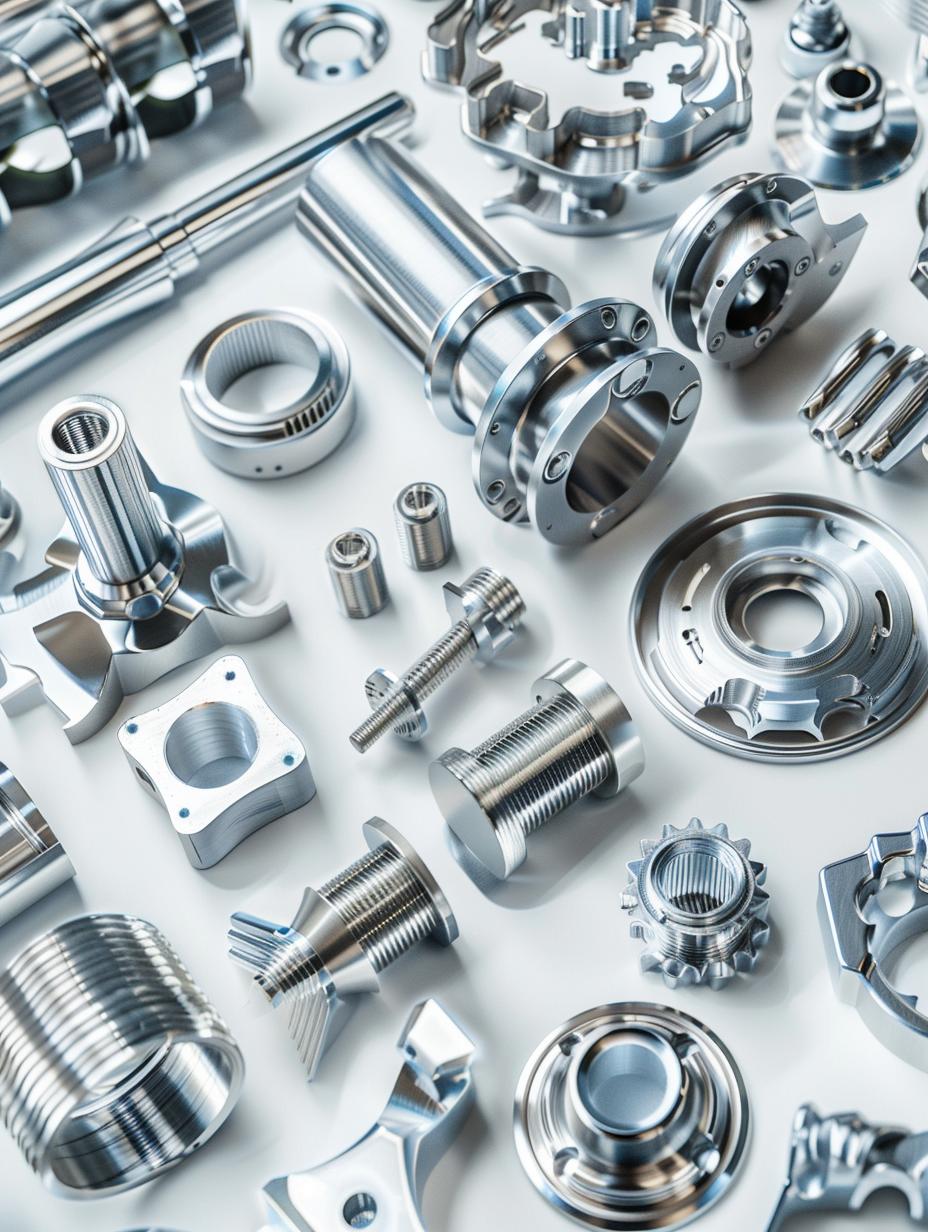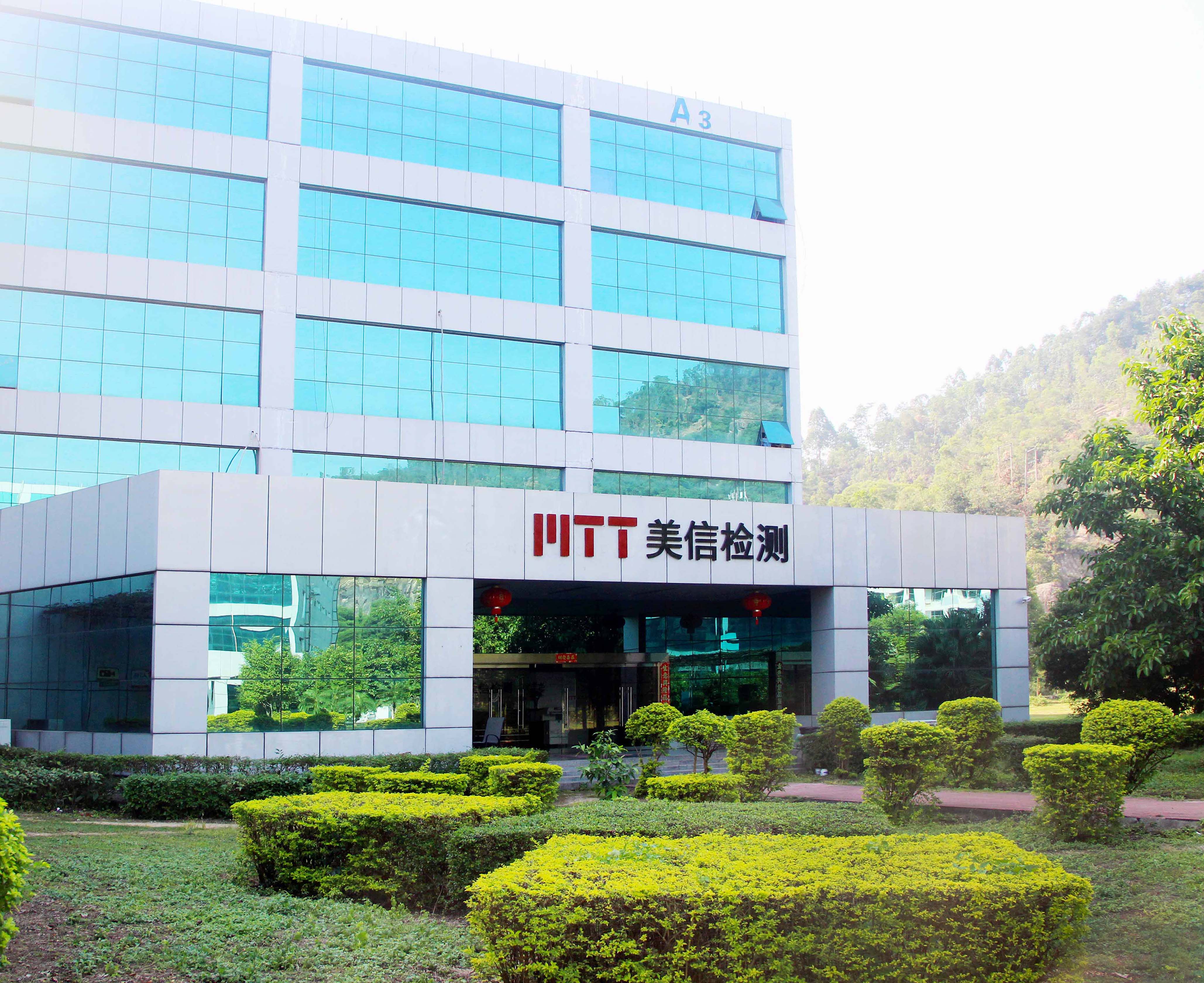




























The pH value of purified water is a key physicochemical indicator for assessing its acidity or alkalinity. In industries such as pharmaceuticals, biotechnology, laboratories, and electronics, the chemical stability of water is of paramount importance.

| Project Background
The pH value of purified water is a key physicochemical indicator for assessing its acidity or alkalinity. In industries such as pharmaceuticals, biotechnology, laboratories, and electronics, the chemical stability of water is of paramount importance. Measuring pH effectively evaluates the corrosive tendency of water toward pipelines and equipment, while also ensuring that contact with production processes, formulations, or precision instruments does not trigger unintended chemical reactions or compromise product stability.
| Project Overview
In this test, a benchtop pH meter was used to analyze the pH value of purified water samples. The working principle of the pH meter is based on the Nernst equation and the response theory of the glass electrode. By measuring the potential difference between the indicator electrode and the reference electrode immersed in the aqueous solution, and converting it into the corresponding hydrogen ion activity index (pH value), it directly reflects the acidity or alkalinity of the water sample.
| Test Objective
1. Regulatory and industry compliance;
2. Monitoring the operational stability of purified water systems;
3. Providing critical data support for system maintenance, cleaning validation, and deviation investigations.
| Testing Standards
ASTM D1193 Standard Specification for Reagent Water
| Service Products / Fields
Consumer electronics, automotive electronics, semiconductor manufacturing, pharmaceutical biotechnology, aerospace, new energy electronics, laboratories, and analytical testing.
| MTT Advantages
1. Professional Team: A team of highly experienced testing engineers and technical experts.
2. Advanced Equipment: Equipped with internationally leading testing instruments to ensure accuracy and reliability of results.
3. Efficient Service: Rapidly respond to customer needs and provide one-stop, high-efficiency inspection services.
4. Authoritative Certification: The laboratory is certified by ISO/IEC 17025, ensuring that test reports have international credibility.